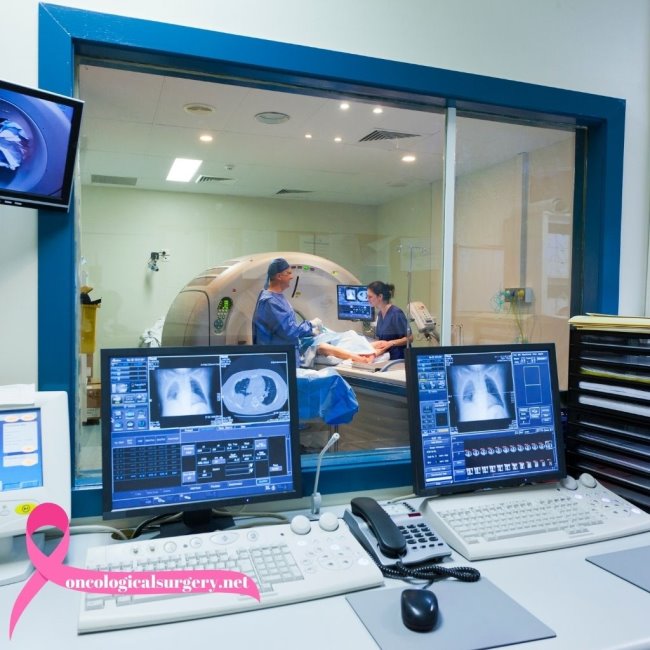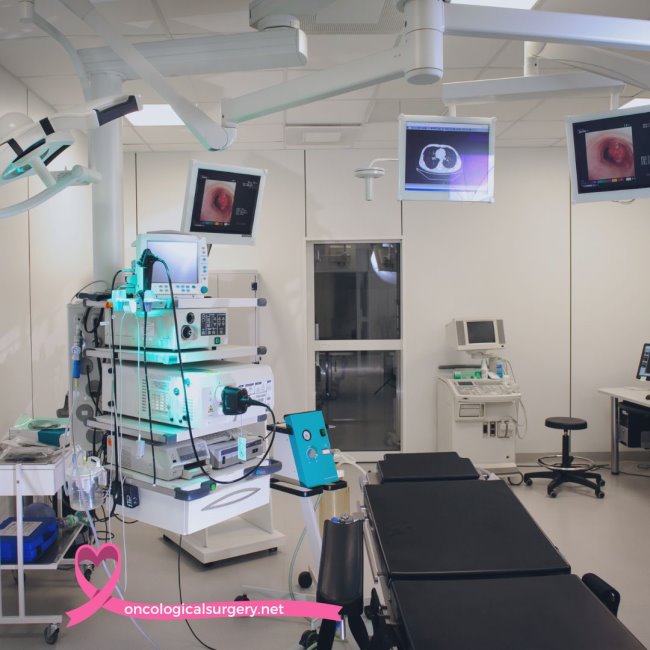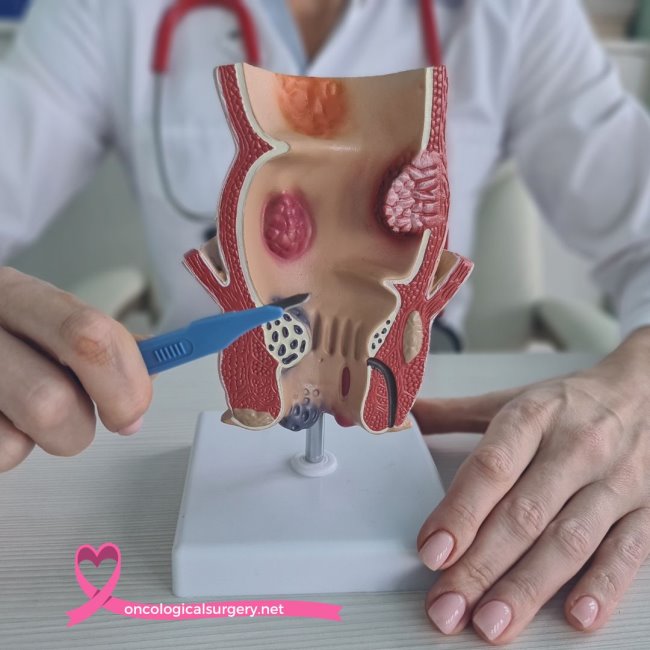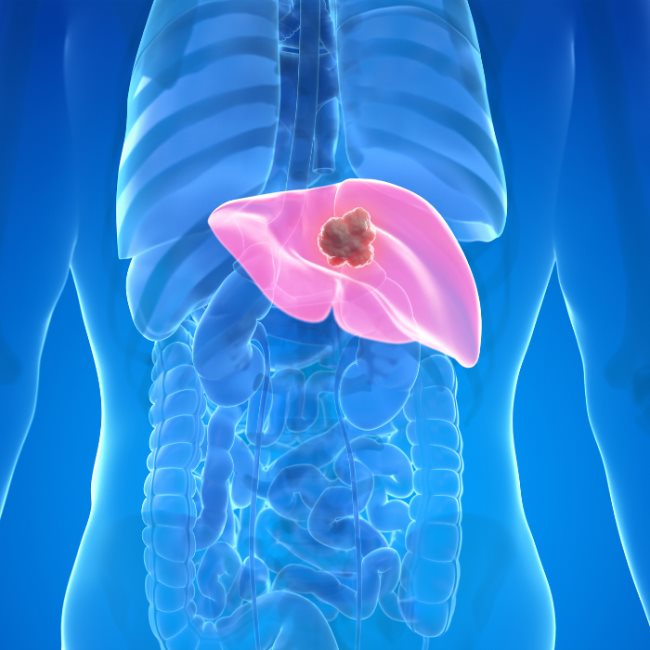
Different Types of Oncology Surgery
https://oncologicalsurgery.net/services/hipec-treatmentOncology surgery constitutes one of the important points in treating tumors, and there are several forms of cancer treatment, such as tumor removal, symptomatic management, and improvement in the quality of life. From curative surgeries to palliative surgery, each is fitted to the patient's particular needs and the kind of cancer being treated.
The most critical aspects of types of surgeries in oncology and their purpose/applications form the focus here. Whosoever has to undertake treatment for cancer of the colon or any other significant type like HIPEC treatment shall be well-guided through the option they pick for treatment.
Curative Surgery
Treatment with curative surgery may be defined as the kind of surgical procedure that is intended to bring about the complete removal of cancerous tissues, thus giving a chance for a cure when the disease has remained localized. This treatment works for early-stage cancers and cancers that have not metastasized to other parts of your body. In cases of stomach cancer treatment, patients may go through gastrectomy, wherein physicians remove the affected areas of your stomach.
Minimally invasive techniques, such as laparoscopic and robotic surgeries, have advanced in addition to curative surgeries. With minimally invasive techniques, a surgeon can precisely remove the tumor while limiting the amount of healthy tissue damaged, hence reducing the time it takes for one to recover and reduce post-operative complications.
Palliative Surgery
The objective of the palliative surgery is the relief of symptoms rather than the treatment of cancer. It is reserved in advanced or metastatic cancers when all other curative treatment options are not viable. Such surgery relieves pain, obstruction, or bleeding caused by tumors.
An example is that most of the patients in bile duct cancer treatment require palliative surgery to relieve blockage with the objective of restoring liver function. Similarly, the palliative intervention in cases of colon cancer liver metastasis during the advanced stage of the disease helps to improve the quality of life for patients.
This is usually after the removal of cancer when the surgeon may have to restore the look or functionality of the area that was destroyed. This is quite vital in making the patients regain their self-esteem and goes a long way in putting them back on the path of doing normal activities. For example, patients with breast cancer normally undergo breast reconstruction after mastectomy.
Reconstructive surgeries may also be needed after some head and neck cancers or treatment of thyroid cancer, whereby part of the area destroyed due to the removal of the tumor requires reconstruction. Usually, these surgical procedures are combined with other procedures like skin grafts or tissue flaps, all intended to provide an optimal result.
Diagnostic Surgery
Diagnostic surgery or biopsy is a procedure used to remove samples of tissues to confirm the existence of cancer. Normally, this comes as the first step of action in treatment. With a needle biopsy, incisional biopsy, or excisional biopsy, surgeons perform depending on the location and size of the suspected tumor.
This type of surgery is important in the type of cancer, its staging, and aggressiveness, thereby guiding the oncologists on the therapies required. Diagnosis through biopsy hence forms a very critical basis on which surgical or non-surgical treatments, including systemic therapies guided by a private oncologist, are based.
Debulking Surgery
Where removal of the tumor is impossible, debulking surgery reduces the size of the tumor. This mode of treatment, usually accompanied by systemic treatments such as chemotherapy or radiation, ensures better management of the residual cancerous cells.
Tumors of cancers involving many sites, such as ovarian cancer or advanced gastrointestinal cancers, are indications for debulking. For example, debulking combined with HIPEC may be used in the management of peritoneal metastases by removing the visible tumor and then targeting the microscopic cells with heated chemotherapy.
Preventive Surgery
Preventive surgeries can be done on those genetically or congenitally predisposed to certain cancer diseases. Prophylactic mastectomy or oophorectomy is one such example, prescribed for patients with the BRCA1 or BRCA2 genes to nullify the development of breasts or ovaries to avoid cancer of either organ, respectively.
These are usually elective surgeries, when planned in consultation with the entire medical team, along with a private oncologist. Preventive surgeries enable people to take responsibility for themselves and cope positively with a predisposition toward cancer.
Advantages of Oncology Surgery
There are several advantages of surgery in oncology. These include the fact that it may cure the cancer, increase survival rates, and ensure an improved quality of life. Most localized cancers can best be treated with surgery and long-term remission. Apart from these, palliative surgery can significantly reduce discomfort and improve daily functionality.
Advanced surgical techniques combined with multi-disciplinary concepts have also enlarged the scope of oncology surgeries. Combined with other therapies, such as pancreatic cancer treatment or systemic options, surgery forms an important part of comprehensive cancer management.
Choice of Approach
Whether to undergo oncology surgery is based on the kind of cancer and the stage it is presenting, general health status, and the possible benefits that can be accrued from it. This, therefore, shall be done in close consultation with a multi-disciplinary team composed of surgeons, oncologists, and other professional health providers.
Note that a private oncologist plays an important role in the choice of the most appropriate surgical option. He will look at your case and advice on the best surgical option, whether it is the time for curative surgery or palliative care, or even both.
Various kinds of oncology surgery help the patients and their caregivers make appropriate choices in the methods of treating cancer. Some of the many types of oncology surgeries include curative, preventive, palliative, and reconstructive surgeries aimed at the improvement of outcomes.
From seeking professional help to tailored care, an oncology surgery service is indicated in the treatment of colon cancer or even to seek advanced options like HIPEC treatment. Thus, the right surgery will bring a big difference in your road to recovery.








































